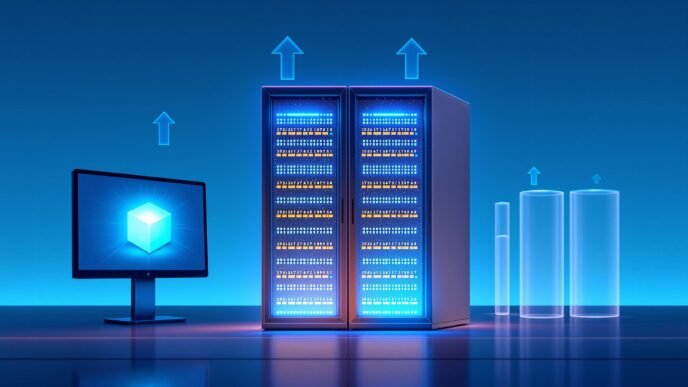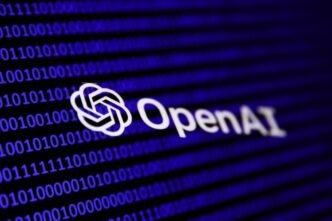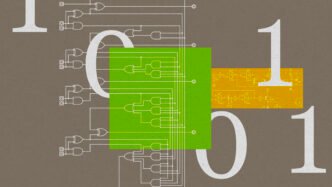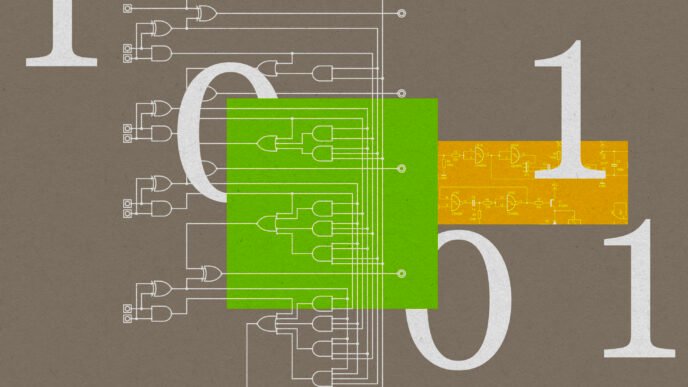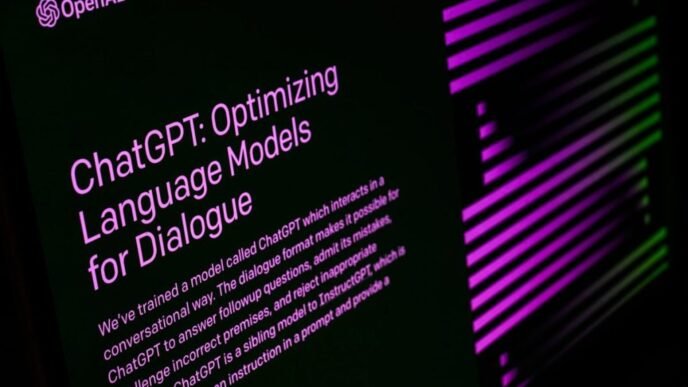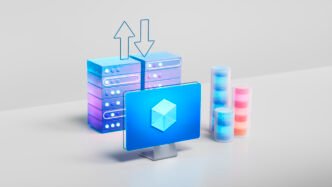Sam Altman’s Equity Revelation
In a surprising turn of events, OpenAI CEO Sam Altman recently disclosed that he once held equity in OpenAI through a Sequoia fund, a fact he had not previously made public. This revelation comes amidst growing scrutiny of AI technologies and their implications.
Context of the Disclosure
During a 2023 testimony before Congress, Altman had firmly stated that he owned no equity in OpenAI, a claim he reiterated multiple times. His role was characterized as one driven by passion rather than financial interest. However, in a later interview with Bari Weiss, Altman clarified his past ownership.
“I have a tiny sliver of equity from an old YC fund — I used to have some via a Sequoia fund but that one turned out to be easier to like sell and not keep the position in — so I have a very small amount that’s quite insignificant to me.”
Details of the Investment
While Altman’s investment through Y Combinator was publicly known, the stakes he held through Sequoia were not disclosed until now. OpenAI’s website mentions Altman’s indirect investment through Y Combinator, stating that this small investment was made prior to his full-time employment at the company.
Sequoia’s Role in OpenAI
Sequoia Capital first invested in OpenAI in 2021, shortly after Altman assumed the role of CEO. At that time, OpenAI was valued at approximately $14 billion, a figure that has skyrocketed to around $157 billion following subsequent funding rounds.
Investment Valuation
| Year | Valuation (in billions) |
|---|---|
| 2021 | 14 |
| 2023 | 157 |
Altman’s Current Position
Despite his previous stake, Altman maintains that he currently has no direct ownership in OpenAI. OpenAI spokesperson Kayla Wood confirmed this, stating:
“Sam has never had any direct ownership in OpenAI. He held a negligible stake, less than a fraction of a percent… Sam no longer has any ongoing commitments to the fund.”
CEO Compensation and Ownership Norms
It is common for CEOs to hold equity in the companies they lead, especially in public companies where equity forms a significant part of their compensation. However, OpenAI’s unique nonprofit foundation has led Altman to forgo such ownership to maintain his position as an independent director.
Impact of Nonprofit Structure
The nonprofit structure of OpenAI has raised questions about Altman’s motives and the company’s future direction. Recently, he expressed that the company is considering shifting its structure, possibly allowing for equity distribution.
Legal Challenges Ahead
OpenAI’s transition to a for-profit entity is further complicated by Elon Musk’s lawsuit against the organization, which alleges a departure from its original mission. Altman has commented on Musk’s behavior, labeling him a ‘bully’ and expressing frustration with Meta’s involvement in blocking OpenAI’s transition plans.
Conclusion
Sam Altman’s admission of previous equity ownership in OpenAI adds a layer of complexity to the narrative surrounding AI development and corporate governance. As OpenAI navigates its future, these revelations could influence both public perception and its operational strategies.
For more insights into the evolving landscape of AI and corporate governance, visit this link.



